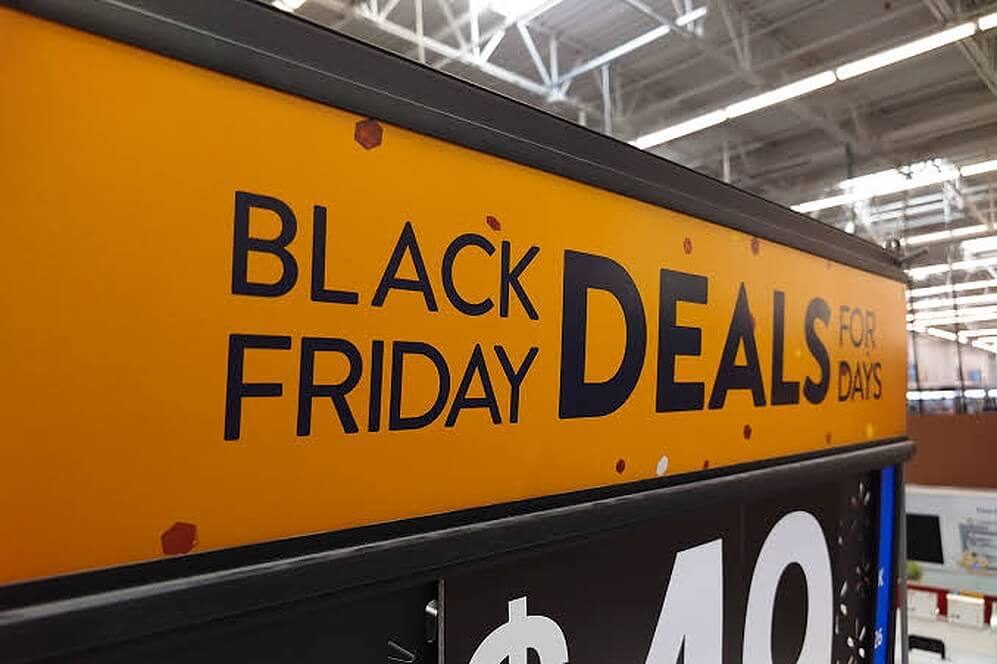Black Friday: Number Of Fake Online Stores Increases By 135%, Netcraft Warns Buyers
The number of fake online stores seeking to defraud buyers ahead of the 2023 Black Friday has risen by 135 per cent, according to a report published by Netcraft.
The anti-fraud solution company found from its investigation that fraudsters create websites to impersonate the sites of popular brands to defraud buyers.
Advertisement
This year’s Black Friday sales will officially kickoff on 24th-27th November after the US Thanksgiving Day. The period marks the beginning of Christmas shopping.
Stores in Nigeria, US and other countries are set to make their share of the sales during the period. Black Friday is characterized with discount sales as high as 40 per cent or more.
Netcraft said, “As of the end of October 2023, Netcraft’s research has identified a staggering 135 per cent increase in fake retail sites blocked compared to October last year, on top of an increase of 63 per cent over October the previous year, conveying that the annual increase more than doubled in the last 12 months over already alarming growth.
“These fake retail sites include copies of the spoofed site’s authentic logos, trademarks, and products to make the scam more convincing, but that’s not the only technique cybercriminals use.”
Advertisement
Netcraft said they also host fake retail sites on deceptive domains.
The report said this typically involves registering a domain name that is deceptively similar to another organization.
“The aim is to trick users into believing they are interacting with a trustworthy website,” it added.
Netcraft, however, provided a tip on how online buyers can identify some of the fraudulent websites.
The company advised that online buyers should check if the prices offered on the platforms are too good to be true.
Advertisement
Netcraft said, “Fake shops often offer extreme 50 per cent to 95 per cent discounts, showing an imaginary old (possibly inflated) price struck out. This can be a very good signal for brands that rarely offer legitimate discounts.
“Does the shop provide contact details in terms of a geographic location or a phone number? The absence of these is a clear indicator of malicious intent, as is the presence of generic and templated content in the ‘about us’ section, which often includes text that could be used for any organization.
“How is the site promoted? Fake shops will often include social media icons, but they either won’t contain links or will link to a fraudulent profile.
“How professional is the page design? Fake retail sites rarely duplicate the brand exactly; they usually insert a well-known logo into a predesigned template of the cybercriminal’s choosing.
“Another indicator is ‘brand mismatching,’ where (for example) a fake shop that’s supposed to be selling electrical goods includes Nike logos.”



